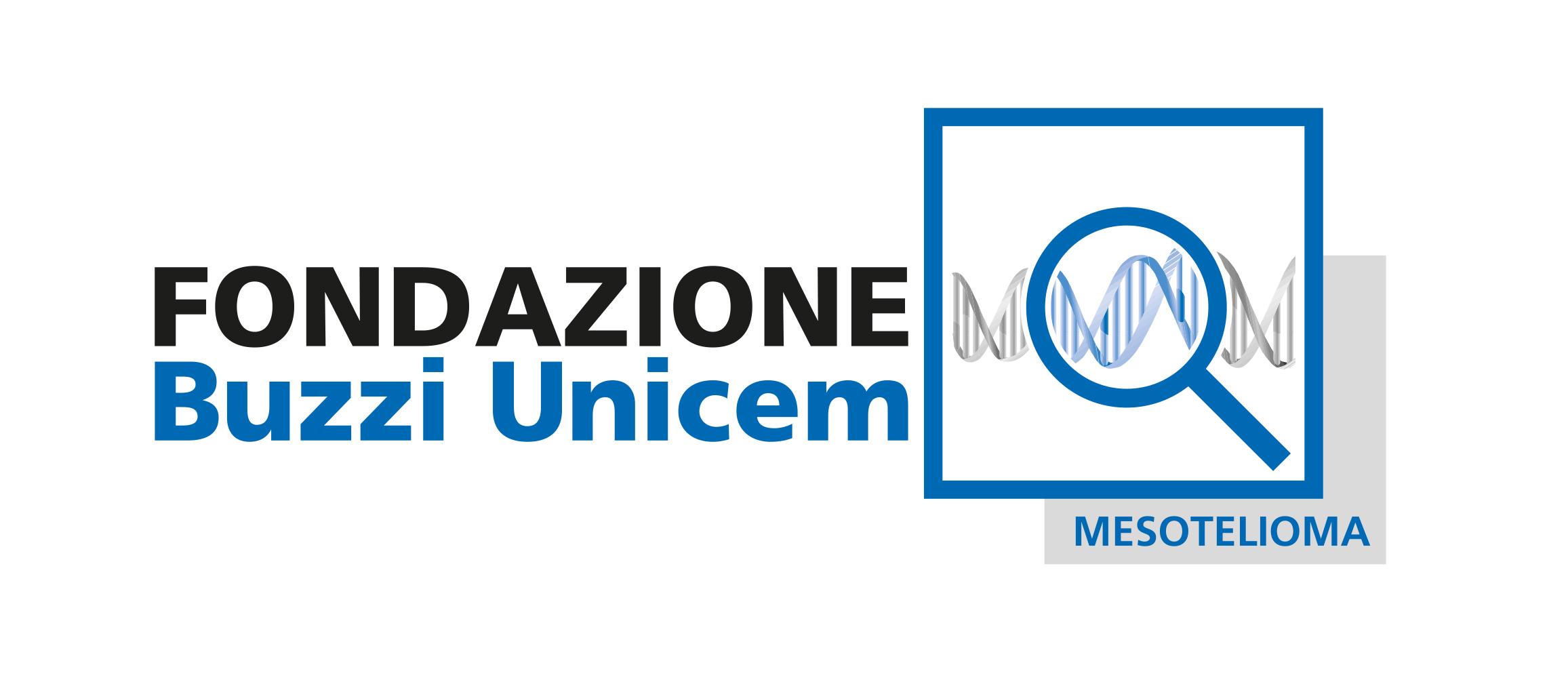The Institute
The Mario Negri Institute for Pharmacological Research is a non-profit organization for research, education and information on biomedical sciences serving the ill. It was the first research institute in Italy to operate independently of universities, industry and the State. It was founded in 1963 thanks to a provision in the will of Mario Negri (1891-1960), a Milanese philanthropist.
The initial group of 22 researchers quickly grew to 900 by 2006, who carry out their work at four different locations in Italy.
Aims
The institute’s research is aimed at gaining a fuller understanding of the innermost workings of living organisms, finding out why diseases occur, and knowing what happens when a drug enters the organism itself.
The findings help build the basis for developing new drugs, making existing ones more effective, and gaining a better understanding of the benefit/risk ratio. In almost 50 years of activity, the Institute has published over 12,000 scientific articles and approximately 250 books on cancer, chemotherapy, tumor immunology, neuropsychopharmacology, and cardiovascular and renal pharmacology.
In addition to research, the Institute also runs training programs for laboratory technicians and graduate researchers.
Active collaboration
The Mario Negri Institute in Milan is actively collaborating with the Buzzi Unicem Foundation, and currently serves on its Scientific Board. As of this year, the Institute will oversee an accreditation and monitoring project of all the clinical studies funded by the Buzzi Unicem Foundation.
Specifically, the Institute will help evaluate the research sites where the projects will be conducted and monitor the research in progress.
The main goal of this collaboration is to ensure the professional conduct of the researchers, the suitability of the sites where the funded projects will take place, and the security and credibility of the scientific findings.
